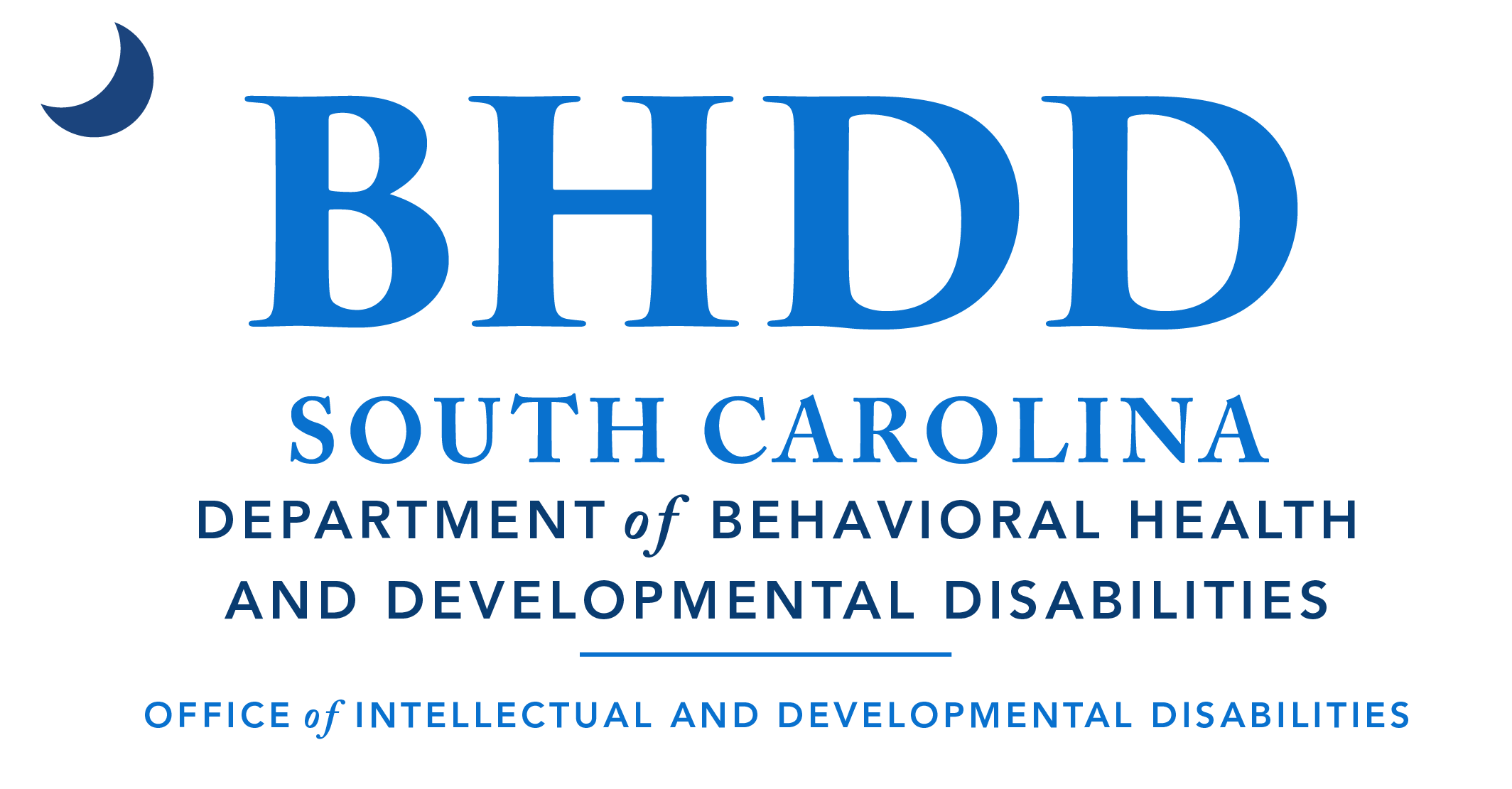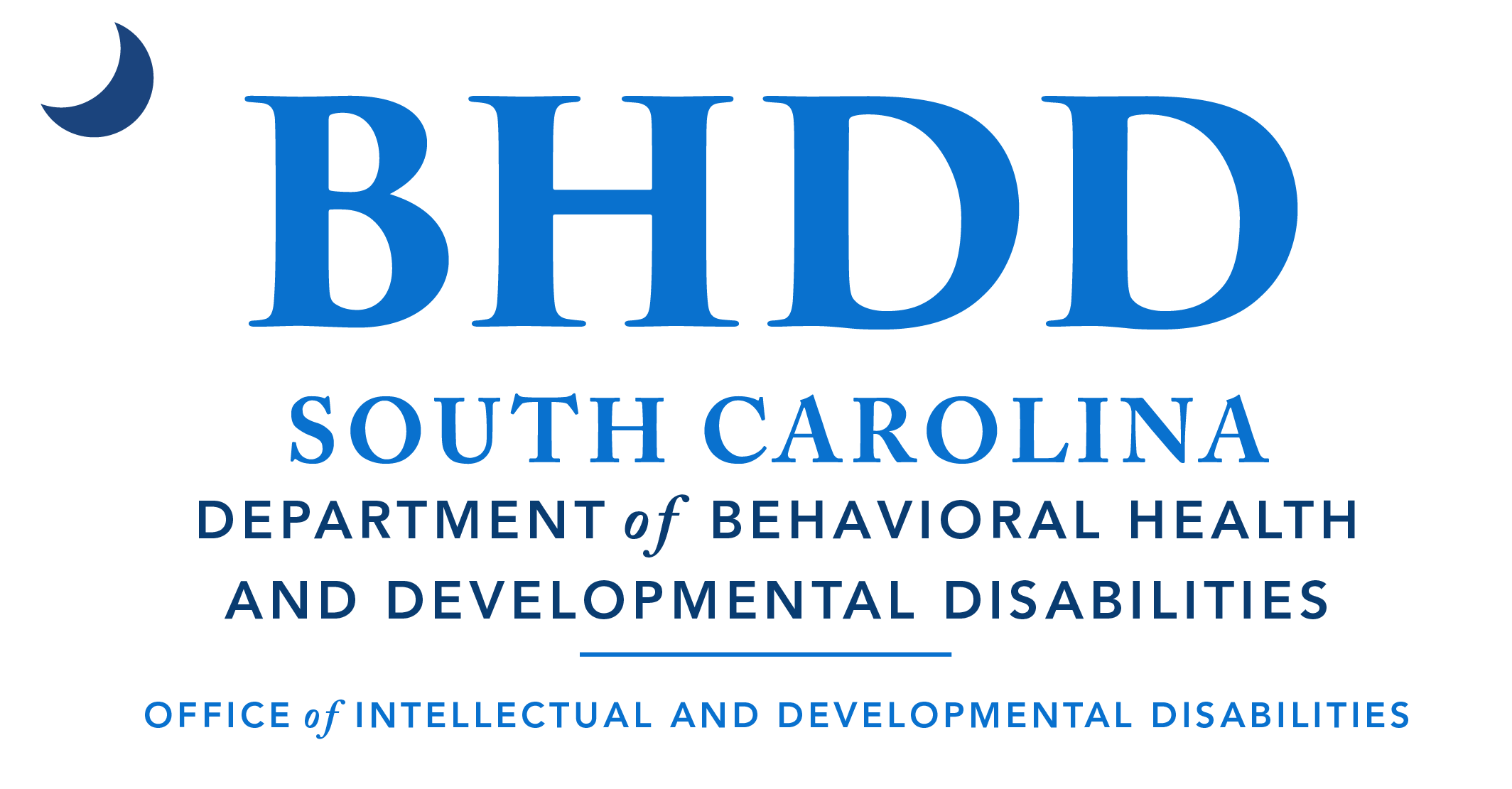People supported by the Department of Behavioral Health and Developmental Disabilities (BHDD) Office of Intellectual and Developmental Disabilities may have concerns related to services, supports, or programs operated or funded by BHDD-OIDD, a BHDD-OIDD Regional Center, a DSN Board, or contracted service provider. Examples of these concerns include, but are not limited to:
- The Service Plan.
- Restriction of personal rights and freedoms.
- Program, supports, and service placement decisions.
- Access to files/records.
- Determination of ability to give informed consent.
Contacts typically are made when the person who receives services or their representative feels their concern has not been satisfied through informal or routine contact with staff directly associated with the service, support or program. Contact with someone outside of the situation provides an opportunity for objective and impartial review of the concern.
BHDD-OIDD requires all providers to have a procedure for people who receive services and supports or representatives acting in their behalf that assures their right to voice concerns without actions being taken against them for doing so. The procedure will be reflective of the values and principles of BHDD-OIDD and will clearly delineate all steps in the process. People who receive services and their representatives will be provided with information about the process in a manner that is understandable to the person. Support will be provided, if needed, to people who wish to express a concern, but need assistance in understanding or following the process.
All efforts will be made to resolve concerns at the most immediate staff level that can properly address the concern. Efforts will also be made to promote trust and open communication at the local service level whenever possible. Concerns involving health and safety of people receiving services will receive immediate review and necessary action will be taken if the person’s health or safety is at risk.
People who receive services and/or their representatives expressing concerns should be encouraged to seek remediation through their direct service provider’s policy regarding concerns. If the concern is unable to be resolved at this level, then the matter should be referred to the appropriate DDN District Director and/or the BHDD-OIDD Quality Management Division. Follow-up to a concern will include contact with the person or representative expressing the concern, review and research of the concern, efforts to mediate resolution, and documentation of all actions taken.
Frequently Asked Questions:
- What do I do if I am not happy with my service provider?
Please try to resolve the issues directly with your service provider. The Case Manager and the Service Provider Staff will be the most familiar with your situation and the resources available.
- What do I do if I am not able to reach an agreement with the service provider?
If you have not been able to reach an agreement with your Case Manager and services/support staff working together, or through the management team at the provider agency, you may contact BHDD-OIDD for assistance with your complaint. Please call (803) 898-9723 or email ddsnweb@ddsn.sc.gov. Please include your name, telephone number where you can be reached, and your email address, if available.
- What if I think I need more services than currently authorized?
Please work with the Case Manager to review your needs assessment. The Case Manager will authorize services based on the needs assessment.
How do I choose a different provider?
BHDD-OIDD encourages choice of provider. A link with a complete listing of all available Service Providers is listed on the Find a Provider Page.
The “BHDD-OIDD Provider/Service Directory” is organized by county. Each entity on this list must initially and continuously meet the federal, state and BHDD-OIDD requirements for quality and health, safety, and welfare to become and remain a BHDD-OIDD Qualified Provider.
When determined to need and authorized to receive one of the following services, the "BHDD-OIDD Provider/Service Directory" may be used to select/choose a service provider. The entities in this Directory provide one or more of the following services:
- Intake
- Case Management
- Early Intervention
- Day Activity
- Career Preparation
- Community Services
- Support Center
- Residential
- Employment Services
- Respite
- Adult Companion
The Provider Dashboard is also available on the BHDD-OIDD Website and includes information about each contracted service provider's performance in a number of key areas. Each provider's Contract Compliance Review Scores are posted as an average for the past three (3) review cycles since 2014. Individual review scores are also available. For providers operating day or residential services, licensing review scores are also available.
- How do I file a complaint with BHDD-OIDD if I cannot get resolution through my local provider?
If you have not been able to reach an agreement with your Case Manager and services/support staff working together, or through the management team at the provider agency, you may contact BHDD-OIDD for assistance with your complaint. Please call (803) 935-5098 or email ddsnweb@ddsn.sc.gov. Please include your name, telephone number where you can be reached, and your email address, if available.
- If I file a complaint, when will I receive a response?
BHDD-OIDD will respond to your complaint, in writing, within 30 days.
- Will I have the opportunity to appeal through DHHS?
Adverse decision(s) regarding Medicaid funded services made by BHDD-OIDD or through its network of service providers must first be reconsidered by BHDD-OIDD before appealing to the South Carolina Department of Health and Human Services (DHHS), the Medicaid agency.
- If I have other questions about the complaint process, where do I call?
Please call (803) 898-2215 or email ddsnweb@ddsn.sc.gov. Please include your name, telephone number where you can be reached, and your email address, if available.
Resources for HCBS Advocacy
- HCBS Advocates Guide - Your Right to A Community Life
- Supporting the Right to a Community Life - Supporting People to Advocate
- HCBS Advocacy- National Resources
- HCBS Advocacy - Advocates Worksheet (PDF)




